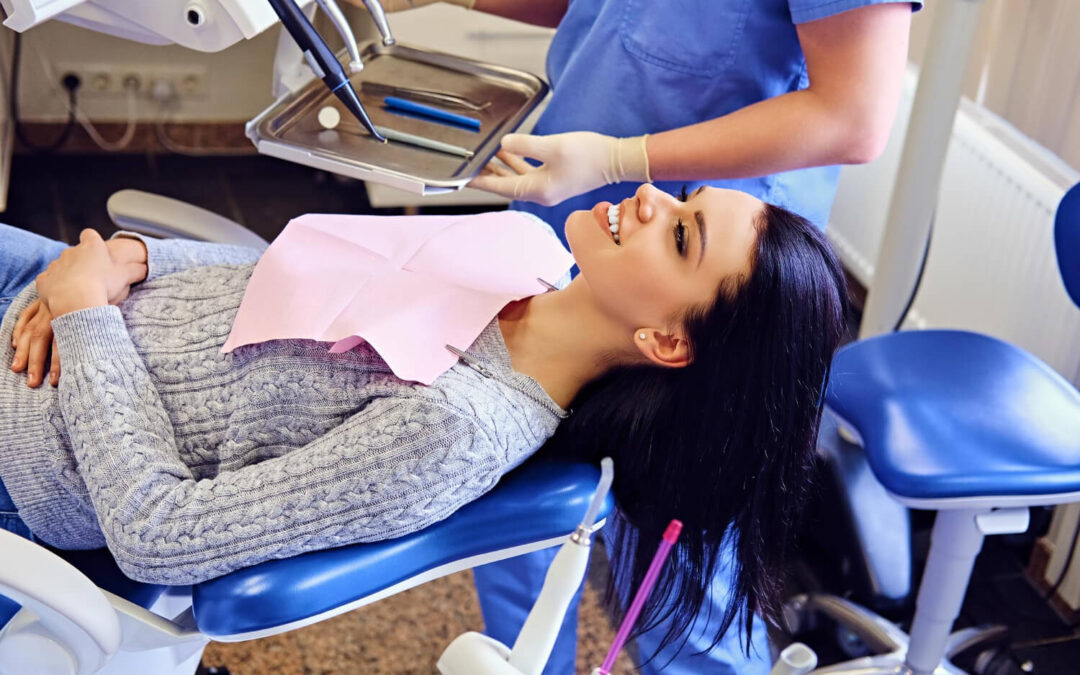Emergency dentist can help you keep a healthy smile
Marvin’s best emergency dentist shares essential insights into common dental emergencies and effective prevention strategies to keep your smile in top shape. Dental emergencies can strike when you least expect them, turning a regular day into a frantic race to find an emergency dentist. Whether it’s a sudden toothache or an accidental injury, understanding common dental emergencies and knowing how to prevent them can save you a lot of stress and pain. Here’s a look at some frequent dental issues and how you can keep them at bay.
1. Toothache
A toothache is often one of the first signs that something is wrong. It can range from a dull, constant ache to sharp, throbbing pain. This discomfort usually stems from cavities, tooth infections, or gum disease. If not addressed promptly, what starts as a mild irritation can escalate into a severe problem requiring immediate attention from an emergency dentist.
Prevention Tips:
- Maintain Good Oral Hygiene: Brush your teeth twice a day and floss daily to remove plaque and prevent cavities.
- Regular Checkups: Visit your dentist every six months for routine checkups and cleanings. This can help catch and address issues before they become emergencies.
- Limit Sugary Foods: Reduce your intake of sugary and acidic foods and drinks that can erode enamel and lead to cavities.
2. Knocked-Out Tooth
A knocked-out tooth, also known as avulsion, can happen due to accidents or sports injuries. Immediate action is crucial to increase the chances of saving the tooth. If you find yourself in this situation, handling the tooth correctly can make all the difference.
Prevention Tips:
- Wear a Mouthguard: If you play contact sports or engage in activities that pose a risk to your teeth, wear a mouthguard to protect your teeth from impact.
- Avoid Dangerous Activities: Be mindful of risky activities and avoid situations where your teeth could be exposed to unnecessary trauma.
3. Chipped or Broken Tooth
A chipped or broken tooth can be painful and may affect your ability to chew properly. This type of injury can occur due to biting hard objects, accidents, or even an untreated cavity that weakens the tooth.
Prevention Tips:
- Be Cautious with Hard Foods: Avoid biting into hard objects like ice or pens, which can lead to chips or cracks.
- Strengthen Your Teeth: If you have weak or damaged teeth, discuss with your dentist about restorative options like crowns or bonding to prevent breakage.
4. Lost Filling or Crown
A lost filling or crown can cause significant discomfort and leave your tooth vulnerable to further damage or infection. It can happen if you eat sticky or hard foods or if the dental work deteriorates over time.
Prevention Tips:
- Avoid Sticky Foods: Stay away from sticky candies and gum that can loosen fillings or crowns.
- Regular Dental Visits: Ensure that your dental work is regularly checked and maintained. If you notice any issues with existing restorations, address them with your dentist promptly.
5. Gum Infection or Abscess
Gum infections and abscesses are serious dental emergencies that require immediate treatment. They can cause swelling, pain, and even fever. These infections often result from untreated gum disease or tooth infections.
Prevention Tips:
- Practice Good Oral Hygiene: Regular brushing and flossing can help prevent gum disease and reduce the risk of infections.
- Regular Cleanings: Professional cleanings by your dentist can remove plaque and tartar build-up that contributes to gum disease.
6. Broken or Loose Braces
If you have braces, a broken or loose wire or bracket can cause discomfort and disrupt your treatment. It’s important to address these issues quickly to avoid complications.
Prevention Tips:
- Follow Dietary Restrictions: Avoid hard, sticky, and chewy foods that can damage braces.
- Regular Adjustments: Attend all scheduled orthodontic appointments to ensure your braces are in good condition and adjustments are made as needed.
7. Severe Tooth Sensitivity
Tooth sensitivity can be triggered by hot or cold foods and drinks. It often results from enamel erosion, gum recession, or dental procedures. If left untreated, it can lead to more severe dental issues.
Prevention Tips:
- Use Desensitizing Toothpaste: If you experience sensitivity, consider using a toothpaste designed for sensitive teeth.
- Avoid Abrasive Brushing: Brush gently and use a soft-bristled toothbrush to avoid damaging the enamel and gums.
Dental emergencies can be alarming, but knowing how to prevent them can significantly reduce your chances of encountering these painful situations. Maintaining good oral hygiene, wearing protective gear during risky activities, and visiting your dentist regularly are key steps in keeping your teeth and gums healthy.
In case of a dental emergency, don’t hesitate to contact an emergency dentist. Quick action can often save your teeth and prevent further complications. Remember, being proactive about your dental health is the best way to avoid unexpected emergencies and ensure a healthy, pain-free smile.
Beyond preventive measures, it’s also vital to be aware of what to do in case of an emergency. For example, if you have a knocked-out tooth, gently rinse it with water, but avoid scrubbing it. Place it back into the socket if possible, or keep it in a container with milk or saline solution until you can see an emergency dentist. For a broken tooth, rinse your mouth with warm water and apply a cold compress to reduce swelling.
Staying informed about these common dental emergencies and their prevention not only helps you maintain good oral health but also minimizes the chances of unexpected trips to the emergency dentist. By following these guidelines and staying proactive, you can ensure that your dental health remains in excellent shape and avoid the stress of emergency situations. Prioritize your oral care, and your smile will thank you!
Visit Marvin’s best emergency dentist
Marvin Dental Studio and Implant Center is your top boutique local dentist in Marvin NC. Call today, at 704-243-8908, or book here to schedule your general, cosmetic, and emergency dental care needs.

